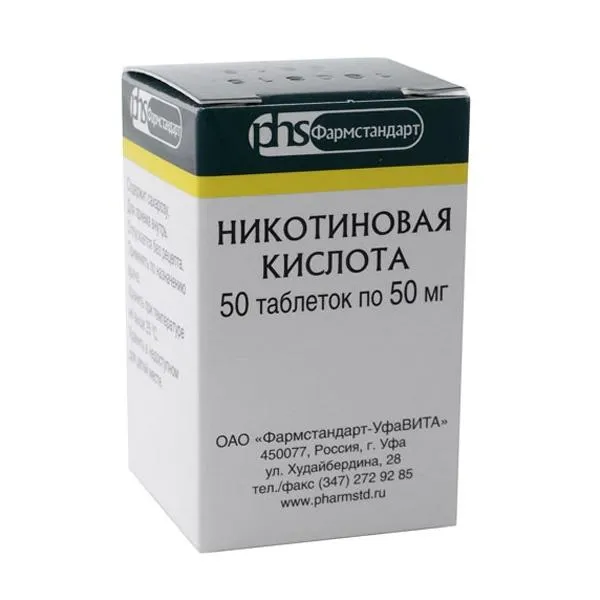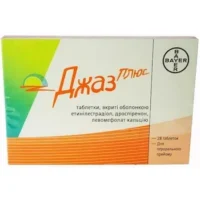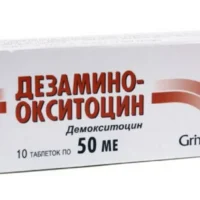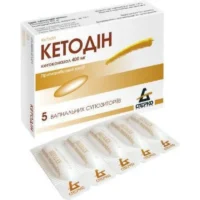Description
Nicotinic Acid (Nicotinic Acid) Tablets 50 mg. №50 Vial
Ingredients
- Each tablet contains 50 mg of nicotinic acid.
Dosage
- The recommended dosage is as directed by a healthcare professional.
Indications
- Nicotinic acid tablets are indicated for the treatment of niacin deficiency.
Contraindications
- Do not use if allergic to nicotinic acid or any other ingredients in the tablets.
Directions
- Swallow the tablet whole with a glass of water, with or without food.
Scientific Evidence
Nicotinic acid, also known as niacin, is a form of vitamin B3 that plays a crucial role in various physiological functions in the body. It is essential for the metabolism of fats, proteins, and carbohydrates, and it helps maintain healthy skin, nerves, and digestive system.
Studies have shown that nicotinic acid can effectively lower LDL cholesterol levels and triglycerides while increasing HDL cholesterol levels, making it a valuable treatment option for managing dyslipidemia and reducing the risk of cardiovascular diseases.
Additional Information
- Nicotinic acid tablets are generally well-tolerated, but some individuals may experience flushing or itching as side effects. It is important to consult a healthcare provider before starting any new medication, especially if you have underlying medical conditions or are taking other medications.
- Overall, nicotinic acid tablets offer a safe and effective way to address niacin deficiency and improve lipid profiles, contributing to better cardiovascular health and overall well-being.





